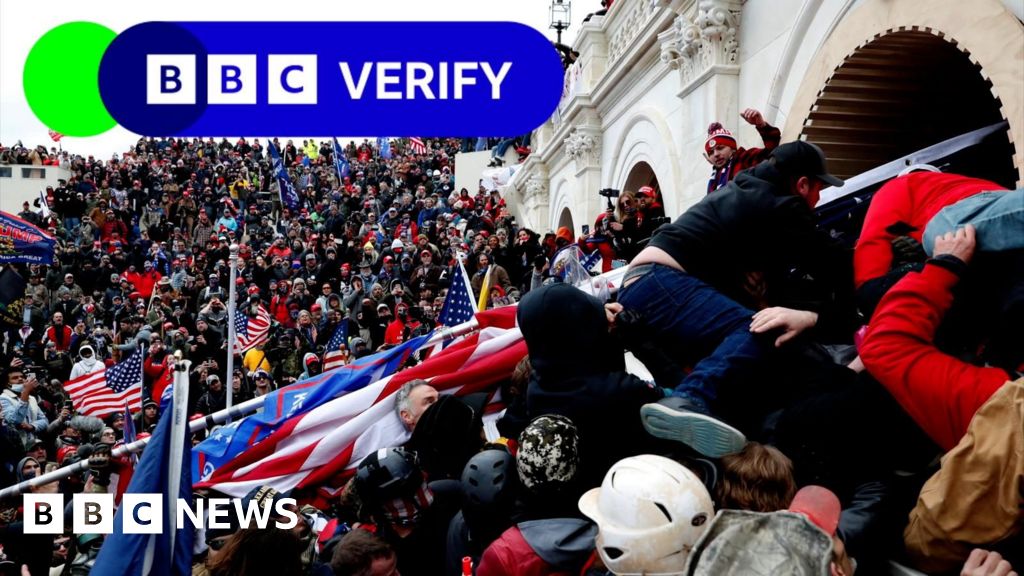Pardons Unveiled: Inside the Political Chessboard of Clemency

Presidential Pardons: When Mercy Meets Controversy
In the complex world of executive power, presidential pardons have always been a delicate and often contentious tool. Recent actions by Presidents Biden and Trump have thrust this constitutional privilege into the spotlight, revealing the nuanced and sometimes provocative nature of presidential clemency.
Presidential pardons are more than just legal documents; they represent a profound exercise of executive mercy and political discretion. Both Biden and Trump have wielded this power in ways that have sparked intense debate and challenged traditional boundaries of presidential authority.
Trump's pardons often targeted political allies and controversial figures, raising questions about the potential misuse of executive power. From former advisors to controversial political supporters, his pardoning decisions frequently blurred the lines between legal relief and political favoritism.
Similarly, Biden's pardoning strategies have not been without scrutiny. His approach to clemency, particularly regarding certain drug-related offenses, has highlighted the evolving conversation about criminal justice reform and the role of presidential intervention.
These recent pardons underscore a critical constitutional mechanism that allows presidents to offer second chances, correct perceived injustices, or potentially shield political allies. However, they also reveal the potential for this power to be manipulated or used in ways that challenge public trust and democratic norms.
As the debate continues, presidential pardons remain a powerful and complex instrument of executive authority, reflecting the ongoing tension between legal interpretation, political strategy, and the pursuit of justice.

